Content by Philip Rozeboom
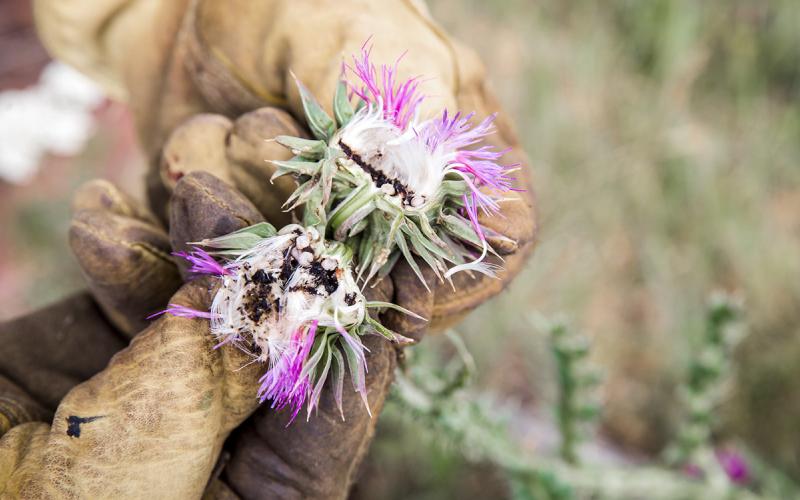
Now is the Time to Plan for Noxious Weed Control in 2026
Most of South Dakota experienced first frosts that were delayed by at least one month, allowing for noxious weed growth to continue later in the season. Now is the time to plan for noxious weed management tactics.
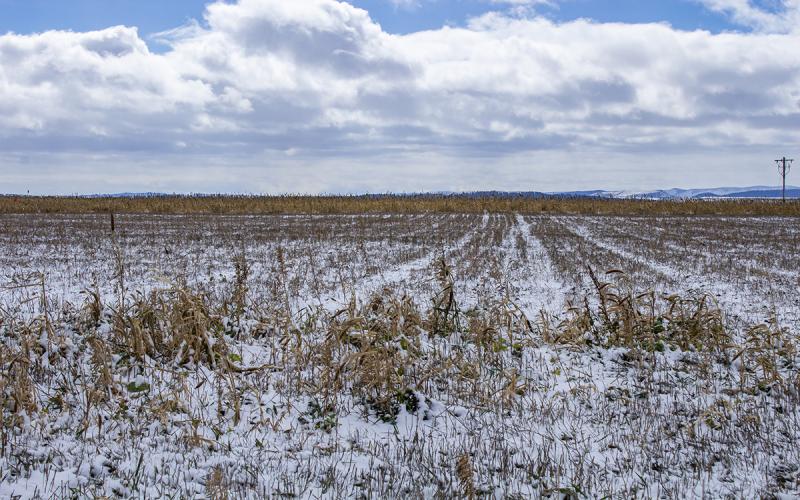
Now is the Time to Prepare Your Weed Management Plan for the 2026 Growing Season
As harvest season comes to an end, now is the time to start formulating your weed management plan for next year. Learn some expert tips for getting your operation off to a good start this coming growing season.
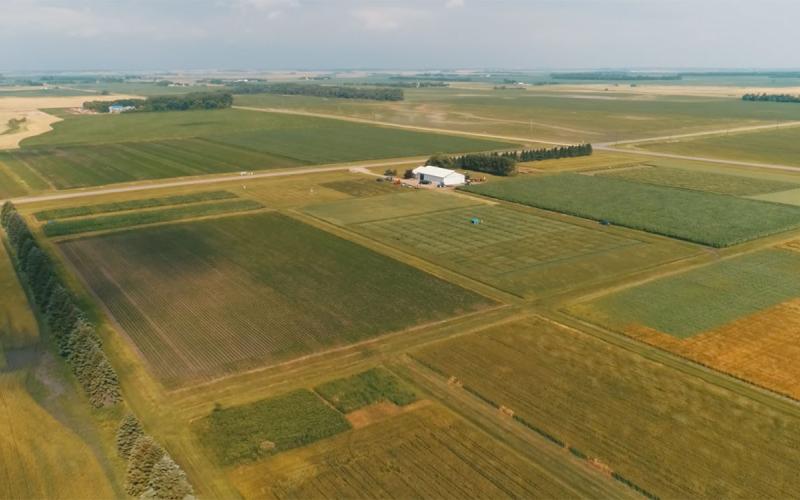
Crop Hour
SDSU Extension Crop Hour webinars provide valuable information for South Dakota crop producers to help them improve their profitability and prepare for the upcoming season.
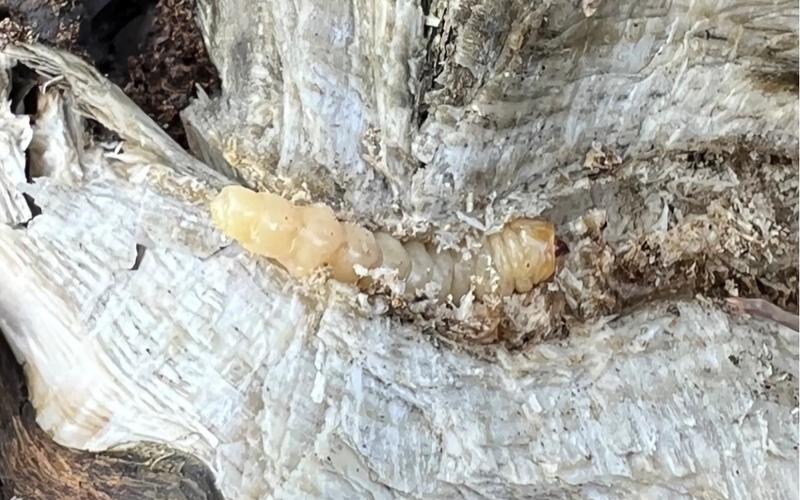
Dectes Stem Borer in South Dakota Sunflowers
Factsheet covering Dectes stem borer in sunflowers.
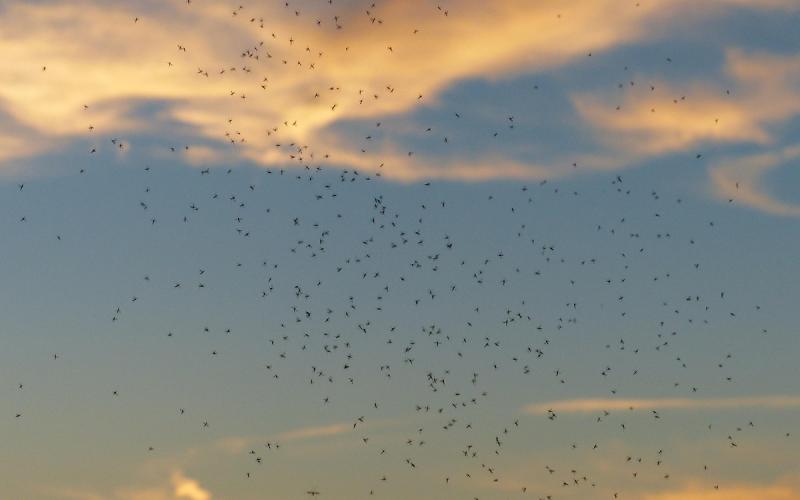
West Nile Virus Update: October 16, 2025
As of October 16, 2025, the South Dakota Department of Health reported 86 human cases of West Nile virus from Aurora, Beadle, Bon Homme, Brookings, Brown, Charles Mix, Clay, Codington, Corson, Douglas, Grant, Gregory, Haakon, Hamlin, Hand, Hughes, Hutchison, Hyde, Lawrence, Lincoln, Marshall, Meade, Miner, Minnehaha, Pennington, Roberts, Sanborn, Spink, Stanley, Todd, Union, Walworth, and Yankton counties.
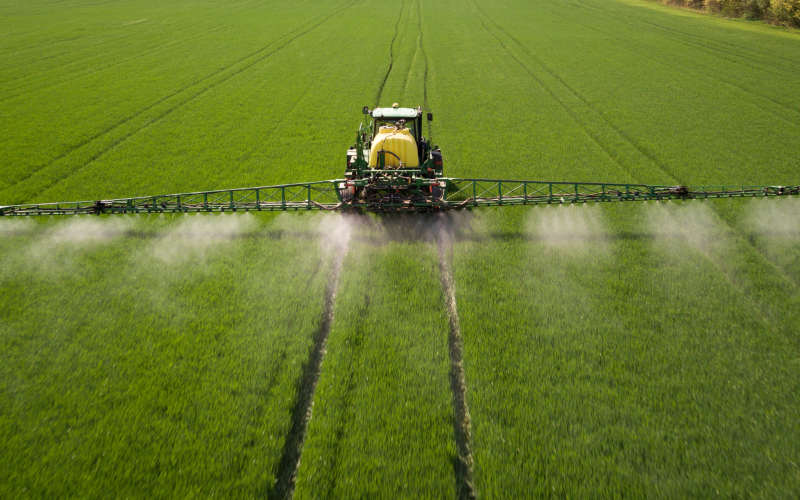
Commercial Applicator Training @ Ft. Pierre
SDSU Extension will host commercial applicator training in Ft. Pierre at the AmericInn by Wyndham (312 Island Dr, Ft. Pierre SD 57532) on February 26, 2026, from 8:30 a.m. - 4:00 p.m. CST.
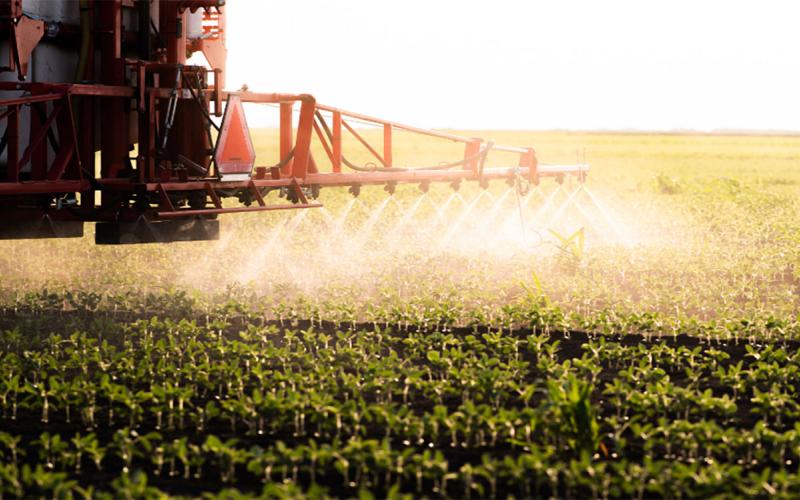
Commercial Applicator Training @ Brookings
SDSU Extension will host commercial applicator training in Brookings at McCrory Gardens (631 22nd Ave, Brookings, SD 57006) on February 5, 2026, from 8:30 a.m. - 4:00 p.m. CST.
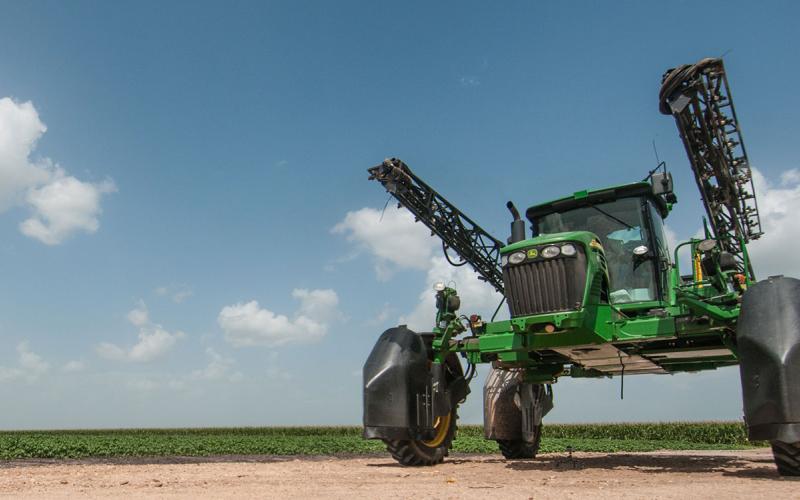
Commercial Applicator Training @ Aberdeen
SDSU Extension will host commercial applicator training in Aberdeen at the Dakota Event Center (720 Lamont St S, Aberdeen, SD 57401) on February 3, 2026, from 8:30 a.m. - 4:00 p.m. CST.
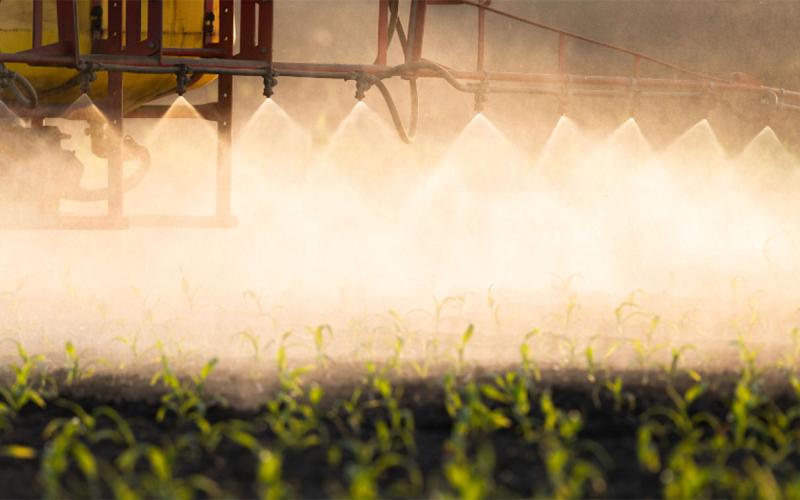
Commercial Applicator Training @ Mitchell
SDSU Extension will host commercial applicator training in Mitchell at the Highland Conference Center (2000 Highland Way, Mitchell, SD 57301) on January 29, 2026, from 8:30 a.m. - 4:00 p.m. CST.
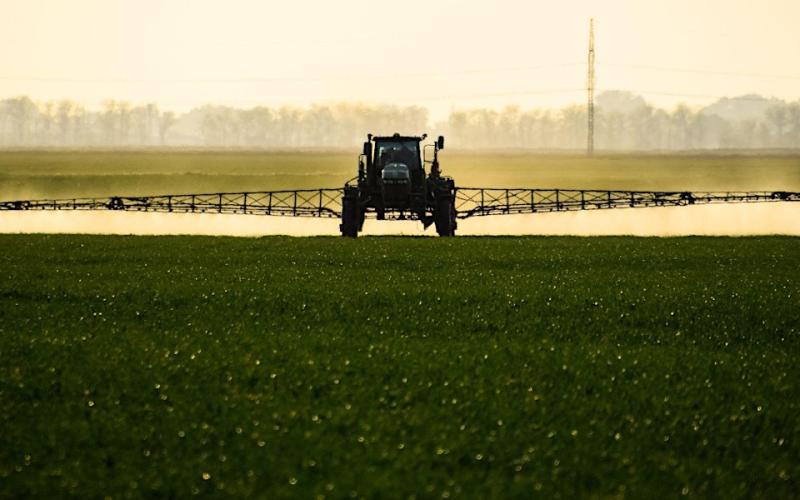
Commercial Applicator Training @ Rapid City
SDSU Extension will host commercial applicator training in Rapid City at the DoubleTree by Hilton (505 N 5th St, Rapid City, SD 57701) on January 27, 2026, from 9:00 a.m. - 4:00 p.m. MT.